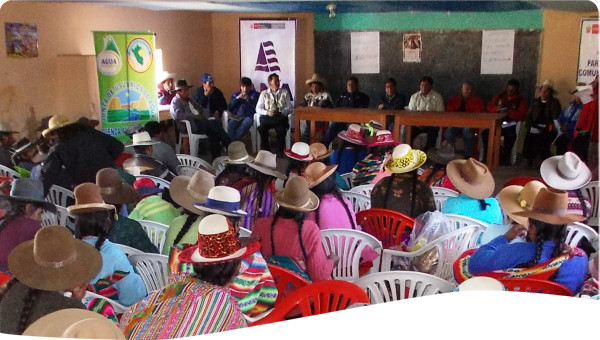Multiple actors across different institutional levels play a role in water governance. The coordination of these actors is important for effective water governance. However, the joining together of multiple actors can have several implications, such as a redistribution of power across actors, a change in democratic control and citizen influence as well as shifting accountability structures. These implications can involve different barriers and bridges that might impede or foster coordination. Through qualitative and quantitative methods, we assess the following barriers and bridges for coordination: (1) reputational power in terms of who is perceived as important for coordination in the water sector; (2) democratic legitimacy in terms of actors’ value of local control of water services; and (3) accountability in terms of the regional actors’ capacity to steer in the water sector. This article focuses on three cases in a Swiss region that has experienced water provision challenges due to its highly fragmented water supply structures. We find that reputational power serves as a bridge in our three cases: when the actors responsible for water supply regard potential coordination partners as important, then we observe coordination. In contrast, we do not find conclusive evidence to support the assumption that a fear of losing local control is a barrier for coordination. Instead, our results indicate that accountability, in the form of vertical steering by the regional actors, serves as a bridge for coordination, and that this could help mitigate some of the potentially negative effects of democratic legitimacy perceptions: through convening local actors or providing positive incentives to municipalities to work together, regional actors can foster coordination.
 Resource -
Resource -
Academic resource


